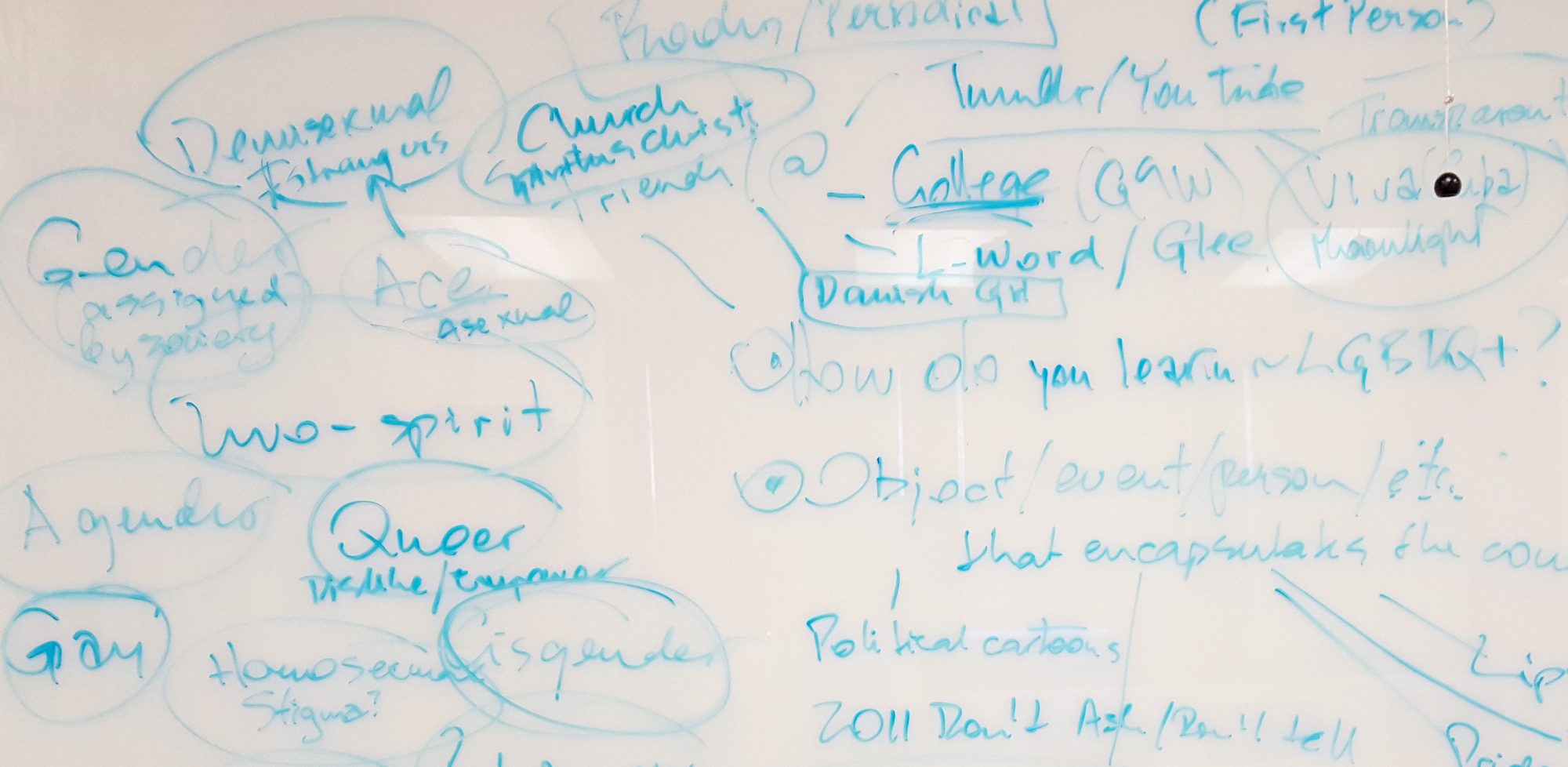A new fact that I learned about the Stonewall rebellion was that it was not just a single event that took place. It was multiple days of rioting and was also publicized in newspapers & writing on the streets that were evoking emotions for more gay people to join in the revolution that was taking place and fight for their rights against the police. This fact is significant to contemporary LGBTQ organizing because the initial fight didn’t just die after one night, it ended up being a very tactical weapon of publicity to recruit others and make a difference that couldn’t be ignored. The way that people were talking about Stonewall in the newspapers and saying that it was going to be historic, aided in it actually becoming historical.
Prior to taking this class, I had no knowledge of who Sylvia Rivera was, and I had only heard the name Marsha Johnson in passing during a Pride Network meeting. Masha Johnson was a very intersection leader of the STAR organization. She was a “gender variant”(transgender) woman of color, who was poor, living on the streets, and a sex-worker. She spent the beginning part so her adult life, helping to take care of other “gender variant” youth who were living on the street, and worked towards advancing gay liberation and helping those who were oppressed, in jail, or in danger because of their sexuality/gender orientation. Though Masha was a huge activist for gay liberation, she left the movement when the many leaders in the gay liberation movement began to promote exclusion towards transgender people.
~BZ
Works Cited:
Armstrong, E. A., & Crage, S. M. (2006, October). Movements and Memory: The Making of the Stonewall Myth. American Sociological Review , 724-751.
Rivera, S. (Unknown ). Street Transvestites Action Revolutionaries: Survival, Revolt, and Queer Antagonists Struggle . Unknown : Untorelli Press.
